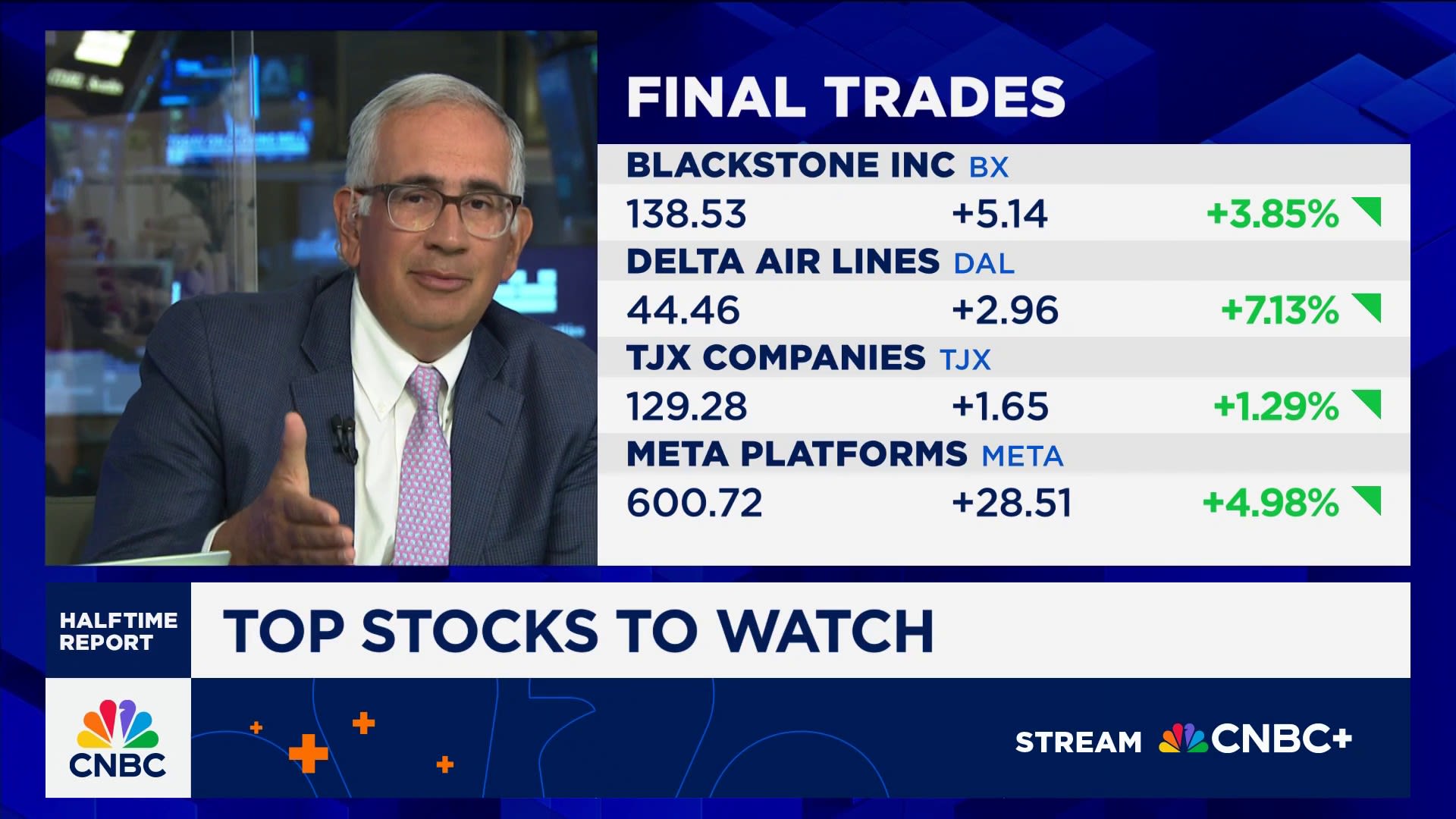Baby Food Makers Slapped with Major Legal Challenge After Safety Concerns
Companies
2025-04-04 05:31:40Content

In a significant legal development, a U.S. federal judge has ruled that major baby food manufacturers, including retail giant Walmart, and prominent baby food brands Beech-Nut and Gerber, will proceed to face a comprehensive nationwide lawsuit. The legal action centers on alarming allegations of toxic heavy metal contamination in infant food products, raising serious concerns about child health and product safety.
The lawsuit highlights growing consumer and regulatory scrutiny over potential harmful substances in baby food, potentially exposing these companies to substantial legal and financial consequences. Parents and consumer advocacy groups have been increasingly vocal about the risks of heavy metal exposure in infant nutrition, demanding greater transparency and stricter quality control measures from food manufacturers.
This legal proceeding represents a critical moment for the baby food industry, as it confronts mounting pressure to ensure the safety and purity of products designed for the most vulnerable consumers. The case could potentially set a precedent for future food safety standards and corporate accountability in protecting infant health.
Toxic Metals in Baby Food: A Silent Health Crisis Unveiled
In a groundbreaking legal development that has sent shockwaves through the infant nutrition industry, major retailers and baby food manufacturers are facing unprecedented scrutiny over potentially dangerous contamination that could compromise the health of America's most vulnerable consumers.Protecting Our Youngest: The Battle Against Toxic Contamination
The Emerging Landscape of Baby Food Safety Concerns
The revelation of toxic heavy metal contamination in infant nutrition products represents a critical public health challenge that demands immediate and comprehensive investigation. Recent legal proceedings have brought to light alarming evidence suggesting systemic issues within the baby food production and distribution ecosystem. Walmart, Beech-Nut, and Gerber—industry giants with extensive market presence—now find themselves at the center of a nationwide lawsuit that could potentially reshape consumer trust and regulatory oversight. Experts in pediatric nutrition and environmental toxicology have long warned about the potential long-term consequences of heavy metal exposure during critical developmental stages. Trace amounts of substances like lead, arsenic, mercury, and cadmium can accumulate in infant bodies, potentially causing neurological impairments, developmental delays, and other serious health complications that may not become immediately apparent.Legal Implications and Corporate Accountability
The lawsuit represents a pivotal moment in consumer protection, challenging manufacturers to demonstrate rigorous quality control and transparent sourcing practices. By bringing these companies before a federal judge, plaintiffs are not merely seeking financial compensation but demanding systemic changes in how infant nutrition products are manufactured, tested, and brought to market. Legal experts suggest that this case could establish precedent-setting standards for food safety regulations, potentially compelling companies to implement more stringent screening processes and supply chain monitoring. The implications extend far beyond individual corporate interests, touching on fundamental questions of corporate responsibility and infant health protection.Scientific Understanding of Heavy Metal Contamination
Understanding the mechanisms of heavy metal contamination requires a multifaceted approach. Agricultural practices, water sources, processing techniques, and ingredient sourcing all play crucial roles in determining potential contamination levels. Independent research indicates that certain agricultural regions and specific crop cultivation methods may increase the likelihood of heavy metal presence in food products. Sophisticated laboratory testing techniques now allow for unprecedented levels of detection, revealing contamination patterns that were previously unidentifiable. These advanced methodologies provide critical insights into the complex pathways through which toxic substances can enter the food supply, particularly in products designed for infants with developing immune and neurological systems.Consumer Awareness and Protective Strategies
Parents and caregivers are increasingly demanding transparency and comprehensive testing protocols from baby food manufacturers. The current legal proceedings serve as a catalyst for broader conversations about infant nutrition safety, encouraging more informed consumer choices and heightened industry accountability. Recommendations from pediatric nutritionists include diversifying infant diets, selecting organic and locally sourced products, and staying informed about potential contamination risks. The emerging landscape of baby food safety requires a collaborative approach involving manufacturers, regulators, healthcare professionals, and informed consumers.Broader Societal and Health Implications
The ongoing lawsuit transcends individual corporate interests, representing a critical intersection of public health, corporate accountability, and regulatory oversight. By challenging major industry players, the legal proceedings aim to establish more robust frameworks for protecting infant health and ensuring the highest standards of nutritional safety. As scientific understanding continues to evolve, the baby food industry faces increasing pressure to demonstrate not just compliance, but proactive commitment to consumer well-being. The outcome of this lawsuit could potentially reshape industry standards, setting new benchmarks for transparency, testing, and responsible manufacturing practices.RELATED NEWS
Companies

Startup Goldmine: How Venture Capitalists Thrive When the World Seems Upside Down
2025-04-29 08:00:02
Companies

AI Disruptors: The Game-Changing Companies Leaving Slow Businesses in the Dust
2025-03-18 18:05:00
Companies

Musk's X Makeover: Billionaire Shifts Gears, Transfers Platform to His AI Brainchild
2025-03-28 21:45:59





